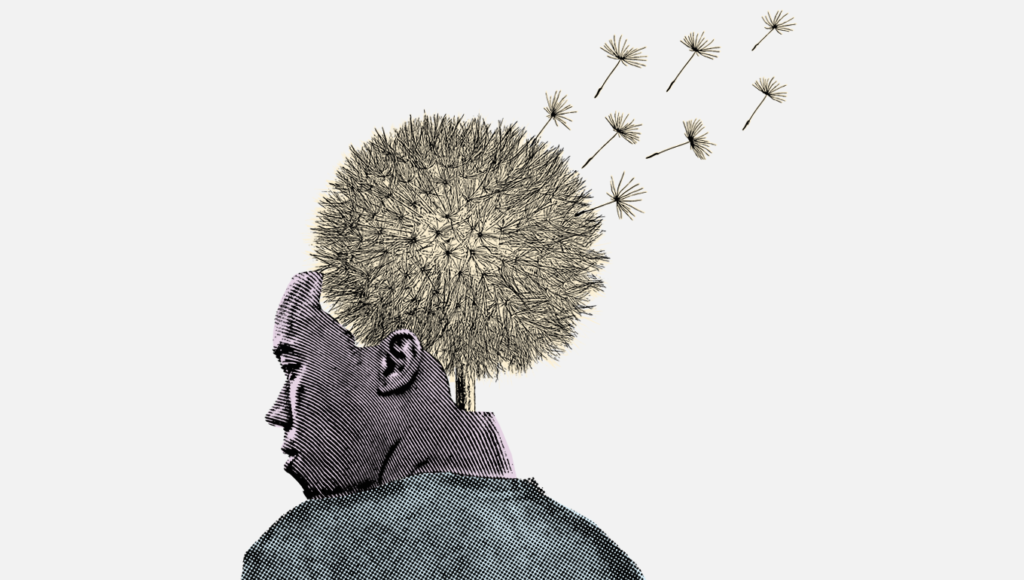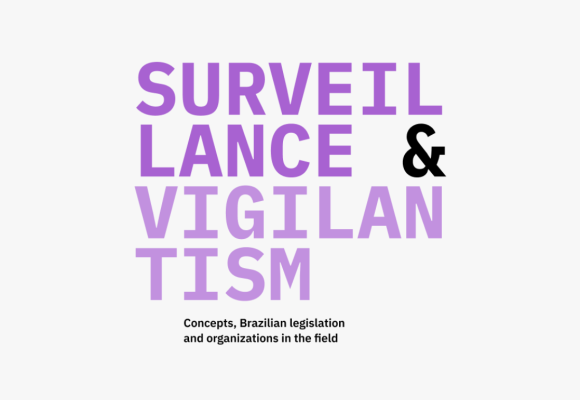The modern State’s two main characteristics are its legitimacy to sanction conducts and its monopoly on violence. Considering the forms of exercise of these two powers, it is critical to reflect on the authoritarian and discriminatory practices reproduced by States and on the impact in such practices in people’s lives and in the social order.
The study of these practices is specially relevant in Brazil, a country that has the third largest prison population in the world, a dire emprisonnement infrastructure, and that has one of the most deadly police forces in the world, often with the justice system`s endorsement.
This scenario of rights violations in the country is certainly critical and complex. It requires analyzing both the actions of the bodies and powers directly involved with criminal justice, such as police forces and legislatures, as well as the polycentric and profound social effects of these violations, especially on historically marginalized groups in the country, the main targets of the criminal justice system and its authoritarian practices.
This project seeks to understand how authoritarianism and the institutions and actors of the Brazilian criminal justice system are connected, reflecting on their practices and monitoring their effects on society and those affected by the criminal justice apparatus. Moreover, the project is also dedicated to mapping and analyzing the relations between the criminal system and the broader process of dismantling the democratic and welfare state in Brazil in recent years.







